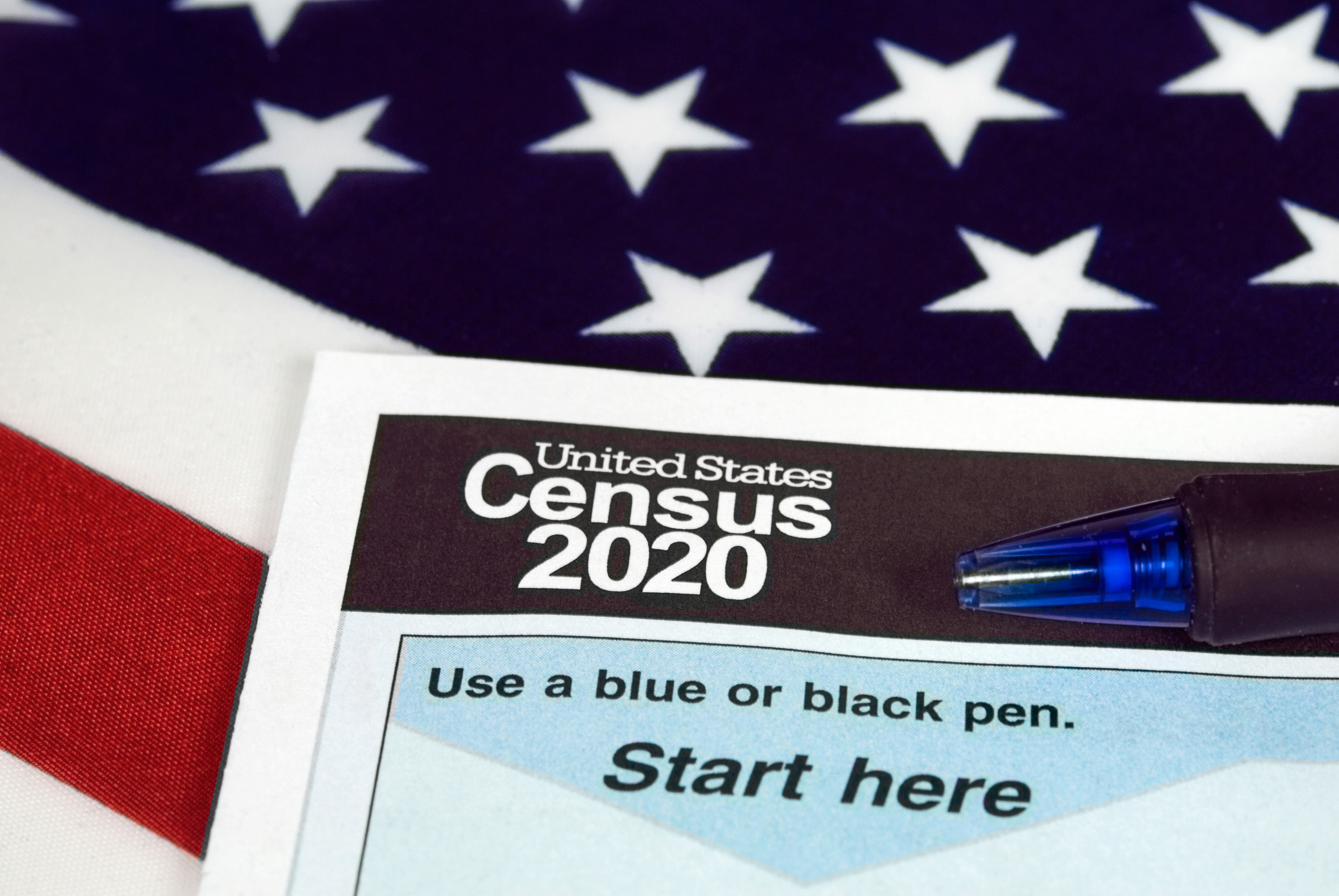A stirring rebuke of judicial supremacy is, remarkably, posted on the Department of Justice website. Attorney General Jeff Sessions explains how fed up he is with the continued overreach by federal judges as they repeatedly encroach on Trump and Congress.
The latest outrage cited by General Sessions is a district court order, affirmed on appeal, that compels Commerce Secretary Wilbur Ross to submit to a deposition about why he wants the census to ask people if they are American citizens. Liberals absurdly claim that it is racist for the census to ask that basic question, and demand that Secretary Ross answer impertinent questions in which he will be falsely accused of secretly harboring a racist motive.
Cabinet officials should not be subjected to rude deposition questioning without any factual basis. Citizenship is not a race and immigrants come in all races, so it cannot be racist to ask people who live here, and who demand entitlements like Medicaid and public schooling, whether they are American citizens.
Before Justice Brett Kavanaugh was confirmed, the Supreme Court seemed fine with allowing the deposition of Secretary Ross, a member of Trump’s Cabinet. But days after Kavanaugh joined the High Court, it put this deposition on hold pending the submission of further briefing on the matter.

It should be a no-brainer for the census to ask whether each person residing in our country is a U.S. citizen or not.
President Donald Trump has successfully appointed two Supreme Court justices, 29 circuit judges, and 52 district court judges. But they are mostly in states that voted for him, while fierce pockets of resistance remain in deep blue states like California, New York and Hawaii.
An example is in New York City, where a Barack Obama-appointed federal judge named Jesse Furman is hearing a major case against the Trump Administration. Furman received that prestigious lifetime appointment when he was only 39 years old, and he will probably be elevated to a higher court by a future Democratic president.
In classic judicial activism, Judge Furman is trying to micromanage the government’s planning for the 2020 census, which is already underway. Plaintiffs and apparently Judge Furman are unhappy with how census officials plan to include a question about citizenship in the census.
It should be a no-brainer for the census to ask whether each person residing in our country is a U.S. citizen or not. That basic question was included on the main census questionnaire from 1830 to 1950, but starting in 1960 it was unfortunately demoted to a separate survey that goes to only a sample of Americans.
After the Trump Administration decided to reinstate this question on the questionnaire being sent to every household, a group of leftist organizations and Democratic officials sued Wilbur Ross as the Secretary of the Department of Commerce, which supervises the census bureau.
Only U.S. citizens are supposed to vote here, although there are numerous examples of non-citizens who were improperly placed on the voting rolls when they applied for a driver’s license. The problem is that even when non-citizens don’t vote, they are counted in the census in a way that enhances the voting power of people who do vote.
If non-citizens were evenly distributed across the United States, their presence wouldn’t dilute the voting power of U.S. citizens. But when they are concentrated in a handful of states such as California, whose population includes more than 5 million non-citizens, American citizens who live in other states are disenfranchised.
Non-citizens entitle California to at least 5 extra seats in the U.S. House of Representatives and 5 extra votes in the Electoral College, all taken from states with few non-citizens. Even within California, non-citizens are concentrated in a handful of that state’s 53 congressional districts, such as Maxine Waters’ district where only half the residents are American citizens.
In the 2010 census, which Obama supervised, 6 electoral votes were taken from the states of Missouri, Iowa, Michigan, Ohio, and Pennsylvania, all of which voted for Trump in 2016. That was on top of 4 electoral votes lost by those states in the 2000 census, plus another 4 lost by four other Trump states: Indiana, Mississippi, Oklahoma and Wisconsin.
Michigan, Ohio, and Pennsylvania are each projected to lose another seat in Congress and the Electoral College after 2020, as are Alabama and West Virginia. States where aliens live will gain seats, and retain the seats they already won in the last two census counts.
General Sessions emphasized in his posted speech that “the Judicial branch must show significant respect for the Executive branch and Congress. I fear, in a variety of ways, that respect has been eroding.”
Calling out the “eroding” deference by the judiciary is an understatement. So is the term “judicial activism,” when the better term is “judicial supremacy” as coined by Phyllis Schlafly to describe judicial interference with good policies like Trump’s census.
John and Andy Schlafly are sons of Phyllis Schlafly (1924-2016) and lead the continuing Phyllis Schlafly Eagles organizations with writing and policy work.






